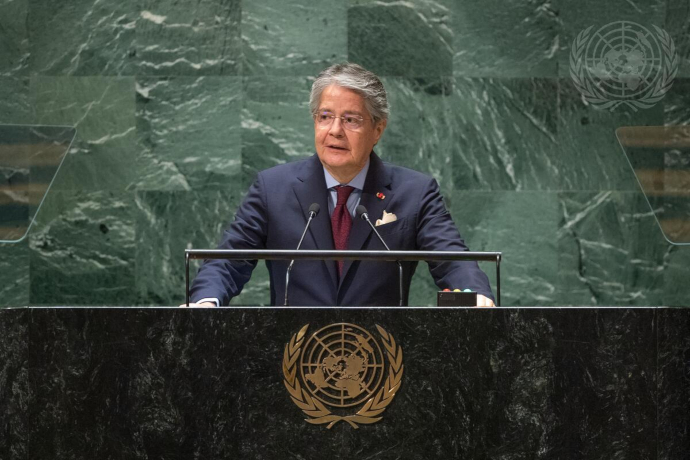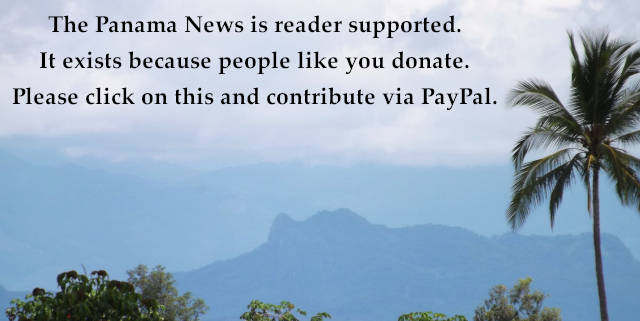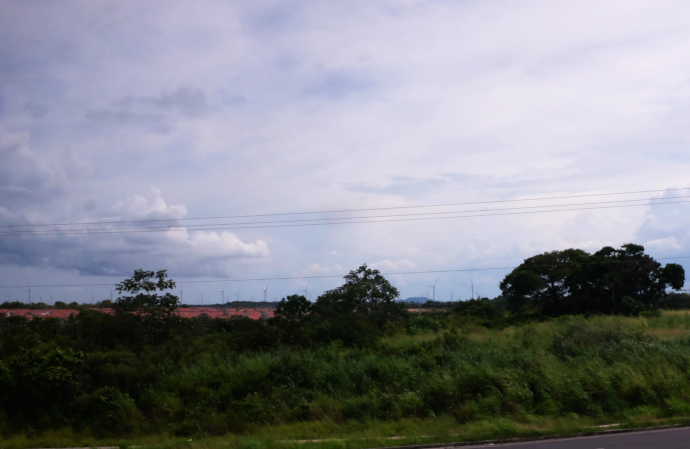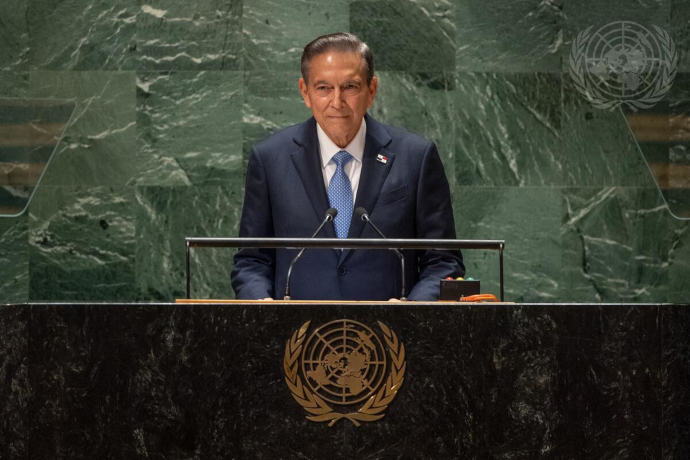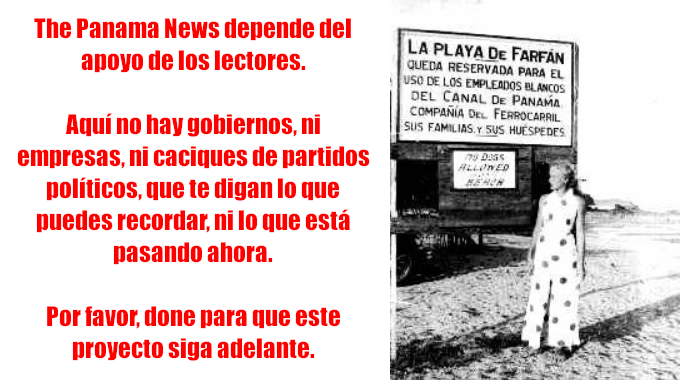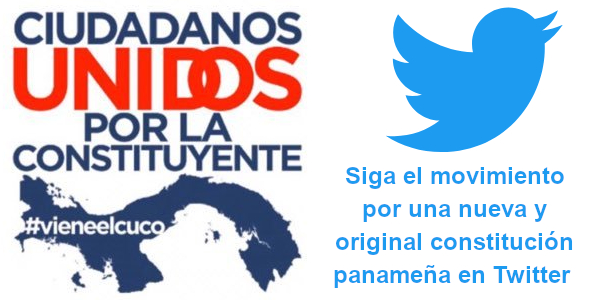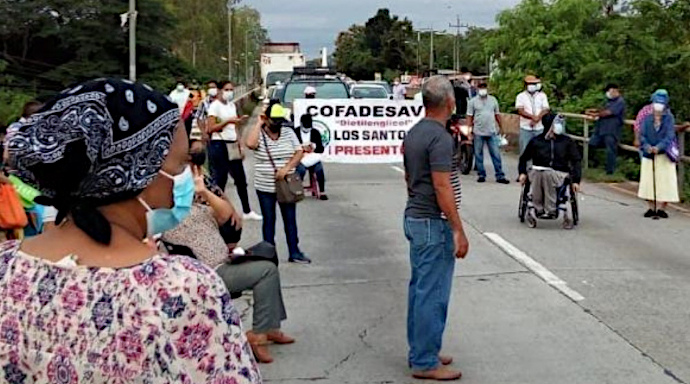The outlaw bikers of lore, or something. Viktor Mikhailovich Vasnetsov’s sketch of the painting of St. Vladimir’s Cathedral in Kyiv. State Museum of the history of religion, Saint Petersburg, Russia. Oil on canvas, 1887. A Wikimedia graphic. “Warriors of The Apocalypse.”
A scenic ride for all times – or the end of times
Un paseo panorámico para todos los tiempos
Arlo Guthrie – Motorcycle Song
https://youtu.be/i9S1o2RvcaE?si=qqVd00bIX6KnkZ8a
The Shangri-Las – Leader of the Pack
https://youtu.be/Q8UKf65NOzM?si=0EpbXunWY2h_QWID
Yomira John – Mala Paga
https://youtu.be/oLLoAicSnSI?si=tdGKMo8JMsPpXlOl
Eric Burdon – The Black Plague
https://youtu.be/3ZGbGYms2eI?si=U-EXh0ex4n8kFCee
Robbie Robertson – Fallen Angel
https://youtu.be/0MGXnMLESEA?si=pRAmxCykAQEPT9wR
Carlos Vives – Concierto Viña del Mar 2018
https://youtu.be/07cmLSq8VOY?si=QKw9LUqsxoNbi7B9
Tracy Chapman – Fast Car
https://youtu.be/yvGfVdx-gNo?si=GIhHq-V-pYD8KNO5
Aterciopelados – Maligno
https://youtu.be/ih1XaIi9BBM?si=AvdZpvi4gGcCzFfZ
Bruce Springsteen – The River
https://youtu.be/lc6F47Z6PI4?si=6LOkzBdTNSeVFPYA
Buffy Sainte Marie – Universal Soldier
https://youtu.be/zYEsFQ_gt7c?si=j-SLYKk30tsLuy_Y
Jimi Hendrix – All Along The Watchtower
https://youtu.be/TLV4_xaYynY?si=xdJdsvh8K5mCu5GX
Atahualpa Yupanqui – Los ejes de mi carreta
https://youtu.be/w9g9jvZ4yJ0?si=vD7oBPf7F882pfsA
Mercedes Sosa – Acústico
https://youtu.be/uooknhj5EiU?si=ivVK8YFiZaWkl4JN
Fugees – No Woman, No Cry
https://youtu.be/kOmhVEiq95I?si=KL0_G6SmdQ8RFqFb
Rubén Blades – Tierra Dura
https://youtu.be/ooZYWgwJfqc?si=OTlTjnMKhjnD4g9H
The Cranberries – Zombie
https://youtu.be/6Ejga4kJUts?si=lxyJZ17rOUHnw0rt
Jan & Dean – Dead Man’s Curve
https://youtu.be/yrCuMPeSu9s?si=c9Fg6pyuV1AeZxLu
Contact us by email at / Contáctanos por correo electrónico a fund4thepanamanews@gmail.com
To fend off hackers, organized trolls and other online vandalism, our website comments feature is switched off. Instead, come to our Facebook page to join in the discussion.
Para defendernos de los piratas informáticos, los trolls organizados y otros actos de vandalismo en línea, la función de comentarios de nuestro sitio web está desactivada. En cambio, ven a nuestra página de Facebook para unirte a la discusión.









